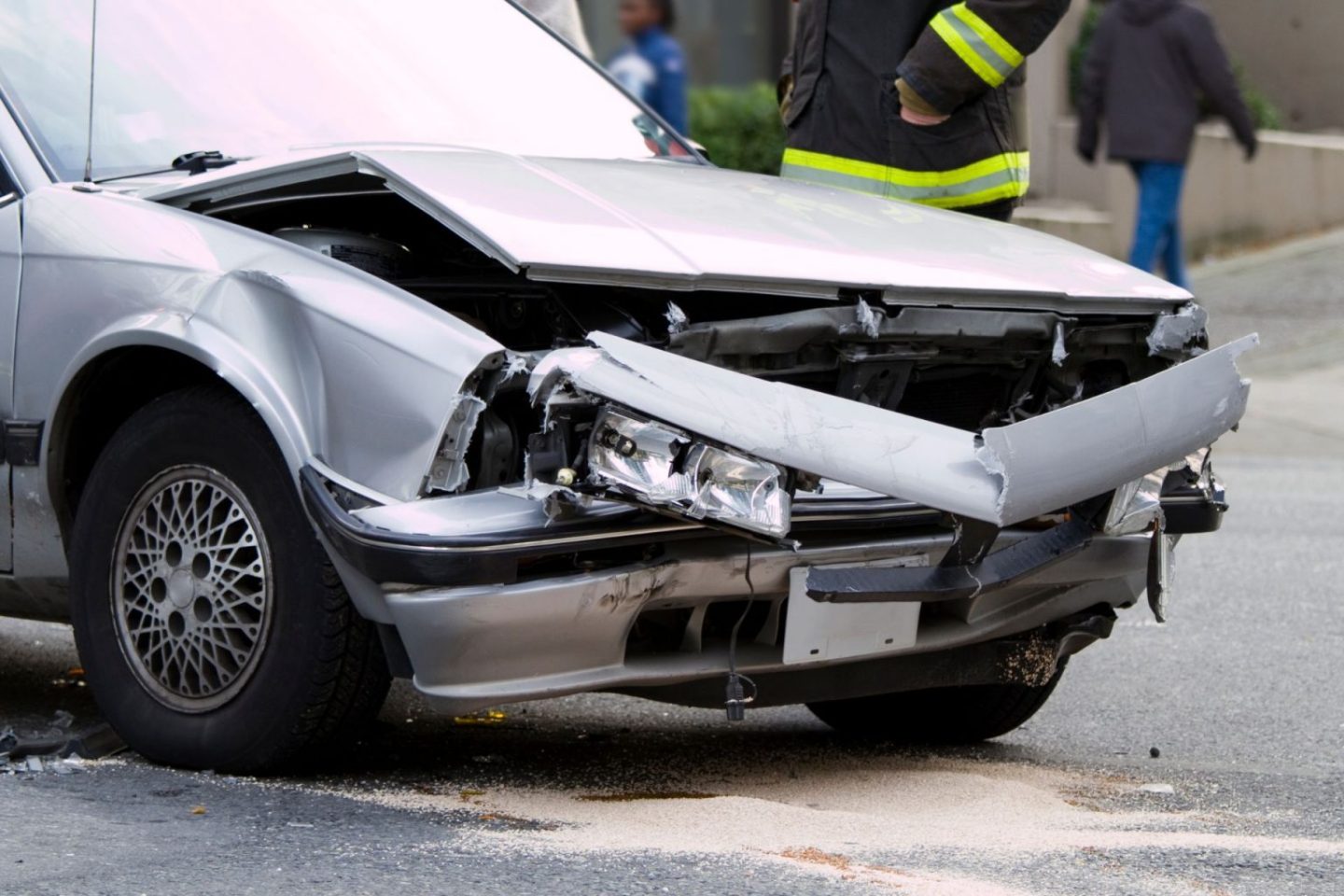Data published by the US Department of Transportation (DOT) between the years 2007 and 2016 indicates that the number of vehicular accidents is over 5.8 million a year. About 1.2 million, or 21% of them, involve inclement weather. This means that there is a link between bad weather and car accidents.
And again, making better decisions while driving may help you avoid accidents. Knowing the effects of weather on road safety is also useful when seeking compensation for your car accident. But what is the link? Well, stick around to find out.
1. Poor Visibility
Poor weather conditions, such as heavy rain, snow, or dense fog, hinder visibility on the road. Drivers are more likely to crash into one another whenever there is low visibility. This applies to you because cars, pedestrians, and obstacles may not be visible.
For example, the road might be covered in dense fog. Foggy weather makes it difficult for a driver to see people, objects, or even vehicles that are far away. Again, fog narrows the driver’s view to just a few meters ahead, meaning there are high chances of vehicles colliding. There is also a big chance of the driver hitting pedestrians or other vehicles whose drivers are also struggling with poor visibility.
On the other hand, when it snows, the road becomes blurry. Snow causes whiteout conditions where one cannot differentiate lanes and probable dangers. Consequently, an accident may become more probable if a driver is unable to see and respond to various things around him or her.
2. Decreased Vehicle Efficiency
The performance of your car can be significantly impacted by extreme weather. Various things can occur in extremely cold weather, such as winter.
- Low temperatures impact your car’s battery’s ability to produce electricity
- When it’s cold outside, the air in your tires constricts. This lowers your tire pressure and potentially impairs your car’s control and fuel economy
In contrast, other problems may surface when it’s hot outside, particularly during the summer. Warmer weather makes it more difficult for the engine’s cooling system to function properly, so your car’s engine may overheat. If overheating is not dealt with immediately, it can cause major engine damage.
Furthermore, warmer temperatures can lead to tire expansion, which raises tire pressure. Excessive tire pressure can result in an unsafe tire blowout, which could cause you to lose control of your car.
3. Slipperiness
The road gets slick when it rains, snows, or ice accumulates. This slickness makes it more difficult for the tires on your automobile to grasp the road firmly. The outcome is an increased likelihood that you will lose control of your car.
If you drive too rapidly or carelessly, you risk sliding, hydroplaning, or skidding. But you can prevent accidents brought on by slippery roads by slowing down and using additional caution during inclement weather.
4. Driver Conduct
Bad weather can make some drivers irritated and angry. They may begin to abruptly and irresponsibly change lanes. This practice is hazardous in any weather. But sadly, it becomes even worse in inclement weather.
Therefore, in inclement weather, it’s imperative to maintain composure. Exercise patience, and drive cautiously.
Concluding Thoughts
Unfavorable weather conditions have a substantial impact on car accidents. They can decrease visibility and make roads slick. Bad weather can also make driving difficult, reduce your vehicle’s performance, and raise the chances of car crashes. Pursuing compensation for your car accident is essential to pay for losses, damages, and medical costs associated with accidents caused by unfavorable weather. Adjust your driving style to the driving conditions and, if needed, stop driving to stay safe.





